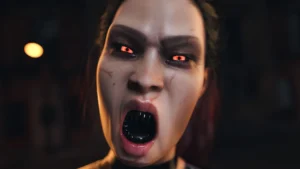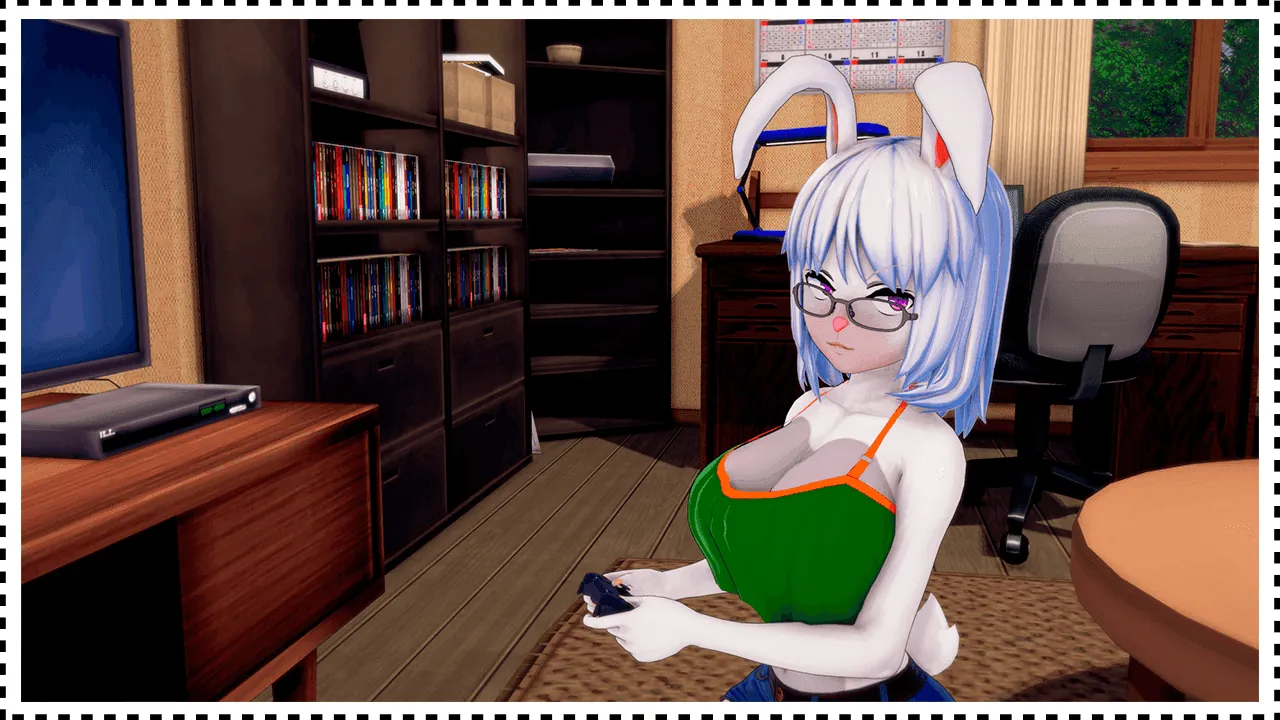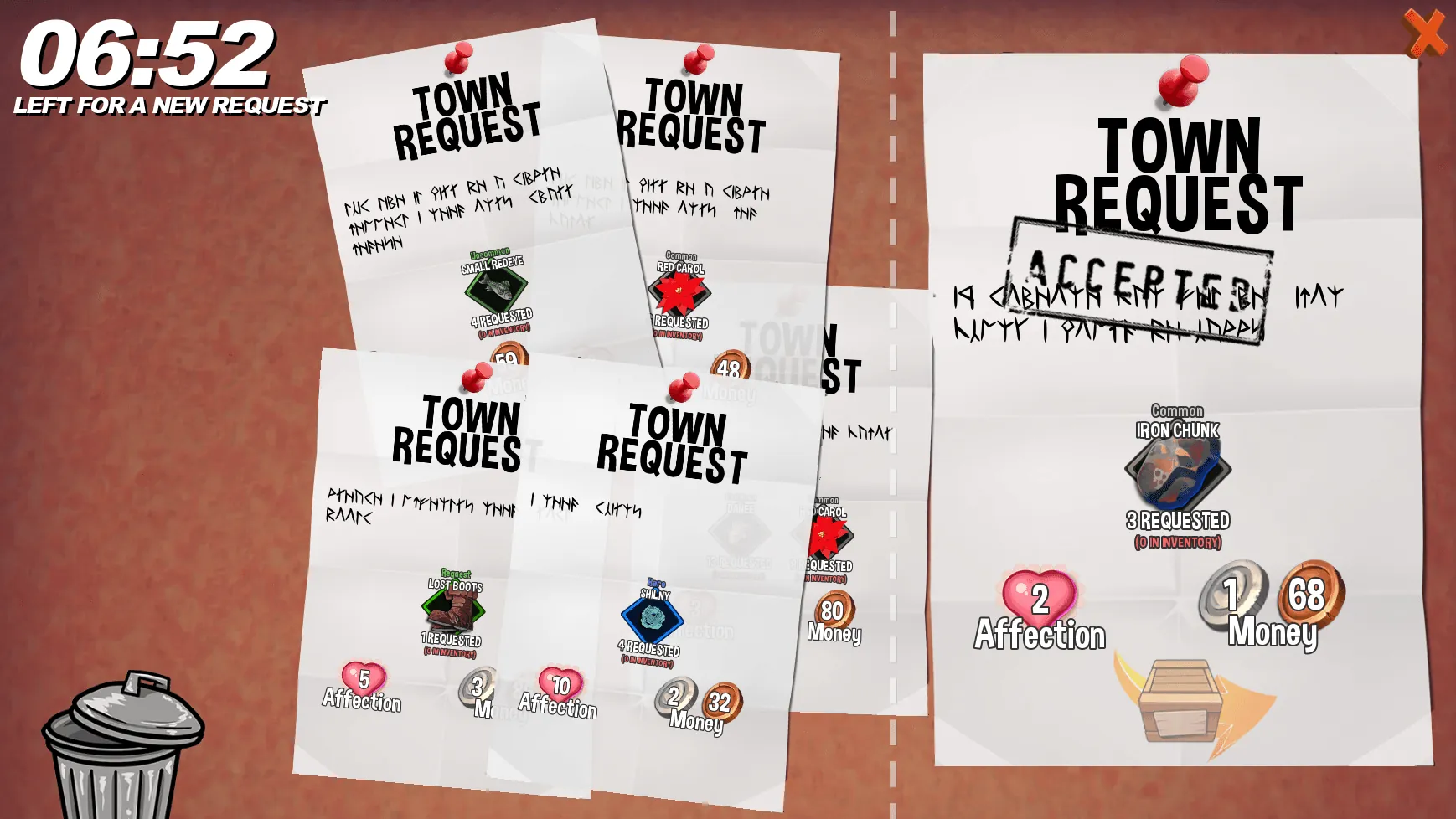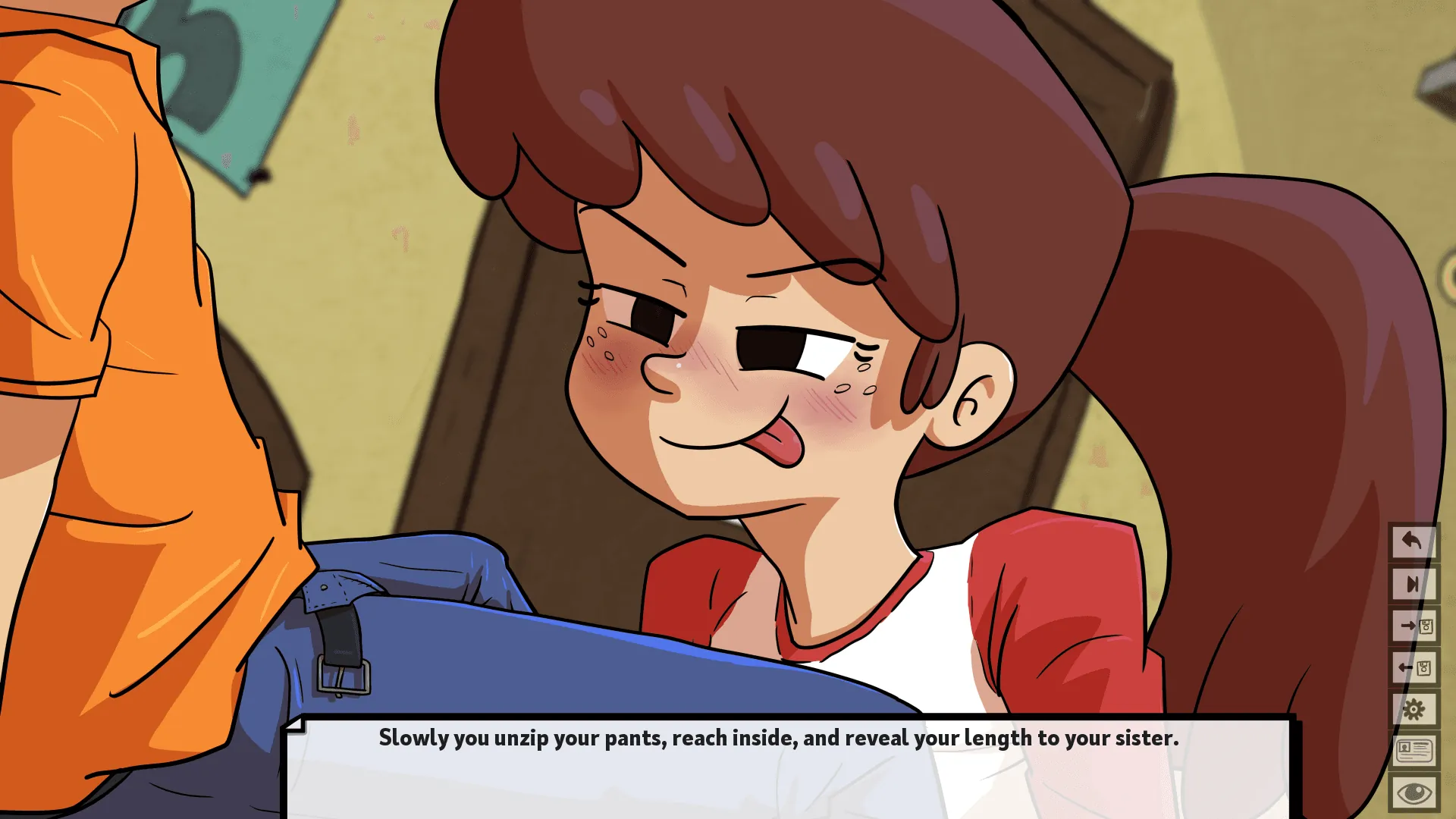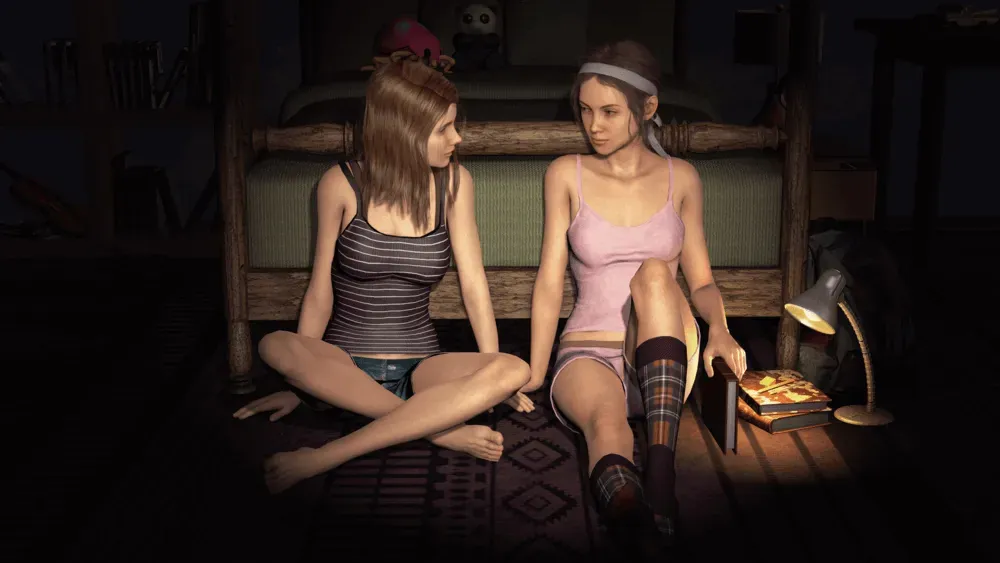
Demon Boy
Play Demon Boy
Demon Boy review
Explore the immersive mechanics, story, and player choices of Demon Boy
Demon Boy is an adult-themed interactive game that blends rich storytelling with strategic gameplay, captivating players who enjoy narrative-driven experiences. This article explores the core elements of Demon Boy, including its unique mechanics, character dynamics, and how player choices influence the unfolding story. Whether you’re new or experienced, this guide offers practical insights and personal reflections to enhance your journey through this provocative fantasy world.
Understanding Demon Boy’s Gameplay and Mechanics
Alright, let’s pull back the curtain. 🎭 If you’re like me, you’ve played games where your choices feel like they don’t matter, and the “adult” content feels tacked-on and, frankly, a bit boring. Demon Boy gameplay is the polar opposite. It’s a game that trusts you with its world and its characters, making every decision feel weighty and every interaction meaningful.
I remember my first playthrough, thinking I could just charm my way through the story. I was so, so wrong. The game immediately pulled me into its dark, beautiful world and showed me that my actions had real, lasting consequences. This isn’t just a visual novel; it’s a deep, strategic experience where your mind is your primary weapon. Let’s break down what makes it so special.
What Makes Demon Boy’s Gameplay Unique? 🤔
At its heart, Demon Boy is a masterclass in integration. It doesn’t just have adult themes; it weaves them directly into the core progression systems. The interactive adult game mechanics aren’t about random encounters. They are the direct result of your time investment, resource management, and the relationships you choose to build. It’s a game of social and psychological strategy.
Forget simple button-mashing. The most thrilling battles in this game happen in conversation. The psychological combat Demon Boy employs is brilliant. You’re not fighting with swords, but by probing a character’s deepest fears and desires, then carefully choosing your words to exploit those vulnerabilities. It’s like a high-stakes poker game where the tells are emotional, not physical. 😈
Pro Tip: Pay close attention to character backstories revealed in dialogue. That snippet about a character’s childhood fear of abandonment? That’s not just flavor text; it’s ammunition for a later psychological showdown.
The game perfectly balances its mature content with genuinely engaging Demon Boy gameplay. Unlocking an intimate scene feels like a hard-earned reward for skillful play, not a given. It’s the culmination of a successfully managed relationship, a correctly spent resource, and a strategically won mental battle. This respect for the player’s intelligence is what sets it apart.
Key Systems: Soul Sparks, Corruption Meter, and Time Cycles ⚙️
The magic of Demon Boy lies in how its systems talk to each other. They aren’t isolated mechanics; they’re a tangled web of cause and effect that makes every playthrough uniquely yours.
Let’s start with the currency of connection: the Soul Sparks system. Think of Soul Sparks as your social and supernatural capital. You earn them by completing quests, winning psychological battles, and making key story decisions. You then spend them to:
* Deepen your bond with other characters, unlocking new dialogue trees and scenes.
* Acquire new abilities that open up previously inaccessible story paths.
* Influence certain characters’ loyalties at critical moments.
Managing your Soul Sparks is crucial. Do you spend them to get closer to the mysterious sorceress, or do you hoard them to unlock a powerful fear-based ability? There’s no right answer, only your story.
Then there’s the Corruption Meter Demon Boy players must always keep an eye on. This is your moral compass, but it’s cracked and spinning. Every significant Demon Boy player choice nudges this meter toward Purity or Corruption. This isn’t a simple “good vs. evil” slider. A corrupt action might be selfish or cruel, but it could also be pragmatically necessary to survive. A pure action might be kind, but it could make you look weak.
Your level of corruption directly affects:
* Story Endings: The game has multiple endings locked behind major thresholds of Purity or Corruption.
* Character Reactions: Some characters will be drawn to your light, others to your darkness. Your corruption level can open or close entire relationship paths.
* Available Abilities: Certain powerful skills are only available to those who fully embrace one side of the spectrum.
Finally, the world of Demon Boy is alive and operates on its own schedule thanks to the day night cycle Demon Boy utilizes. This isn’t just a visual change; it fundamentally alters the game world.
* Day Cycle: 🏙️ The city is bustling. This is the time for social calls, gathering information, and taking on public-facing quests. Many main story missions advance during the day.
* Night Cycle: 🌙 The city’s mask slips. Darker creatures emerge, and characters let their guards down. This is prime time for illicit meetings, uncovering secrets, and engaging in the more intense forms of psychological combat. Some characters are only available after sundown.
| Gameplay Mechanic | Primary Function | Impact on Story |
|---|---|---|
| Soul Sparks System | Resource for unlocking relationships & abilities | Determines which character paths and power-ups are available |
| Corruption Meter | Tracks moral alignment (Purity vs. Corruption) | Locks specific endings and influences NPC loyalty |
| Day/Night Cycle | Alters world state and NPC availability | Gates certain quests and character interactions to specific times |
How Player Choices Shape the Narrative ✍️
This is where Demon Boy truly shines. The Demon Boy player choices you make are not illusions; they are the bricks and mortar of your personal story. From the seemingly insignificant to the monumental, everything is tracked.
I learned this the hard way. In one early playthrough, I brushed off a minor character’s request for help, thinking it was a useless side-quest. Hours later, when I needed an ally in a crucial vote, that same character was the one who stood against me, remembering my earlier dismissal. The game has a long, long memory. 🧠
Your choices directly influence:
* Character Arcs: Who lives, who dies, who trusts you, and who betrays you.
* Political Landscape: The balance of power in the city will shift based on your alliances and actions.
* The Protagonist’s Personality: The dialogue options that become available to you can change based on your past decisions and corruption level, subtly shaping who your Demon Boy becomes.
The best advice I can give you is to role-play authentically. Don’t try to game the system on your first run. If you feel like being a charismatic but manipulative force, lean into it. If you want to seek redemption, follow that path. The most rewarding Demon Boy gameplay emerges when you stop thinking about “optimal choices” and start making choices that feel true to the character you’re building. The Soul Sparks system and Corruption Meter Demon Boy uses will respond accordingly, creating a narrative that is uniquely, powerfully yours.
So dive in, manage your resources wisely, pay attention to the time, and remember: in a game about psychological warfare, your greatest strength—and your biggest weakness—is always yourself. 😉
Demon Boy offers a compelling blend of narrative depth and strategic gameplay that sets it apart in the adult-themed game genre. Its unique mechanics like Soul Sparks and the Corruption Meter create meaningful player-driven consequences, making each playthrough distinct. Whether you choose to embrace your darker impulses or stay true to your character’s humanity, the game rewards thoughtful choices and exploration. Dive into Demon Boy to experience a richly crafted world where your decisions truly matter.

